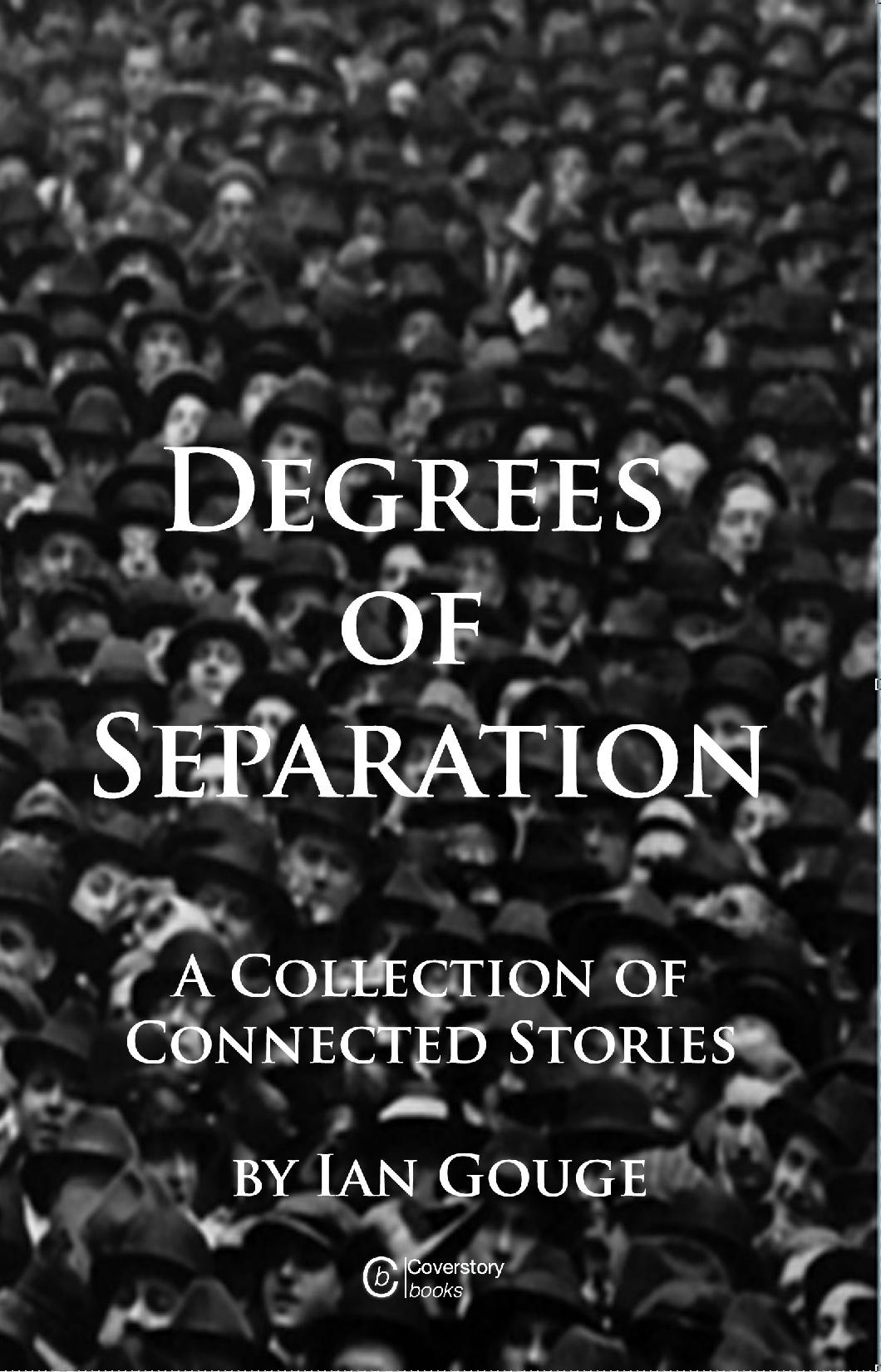The Hero
A series of interconnected short stories from my 2018 collection "Degrees of Separation"
The Hero
(May 1964)
Built on the outskirts of Raleigh just a few years previously, their house turned out to be just about the right size - though for the wrong reasons. Before they had moved there had been debates about the number of rooms and the size of the yard, but these debates were never really from the perspective of the rooms or the yard themselves. Stella asked Harvey more than once whether they actually needed so much space, after all it was just the two of them at the moment. Not only was her relatively limp objection code for him to acknowledge the question of affordability, it was more pointedly a demand of Harvey to know what his intentions were in terms of a prospective family.
Stella was an only child. Apart from her uncle Hank way over in Washington State, all her family’s units were pocket-sized; two children or more a rarity over singletons. As a clan, the Roscoes blamed Hank’s five on his wife, a woman who - according to their preferred folklore - had become the epitome of profligacy in all its forms. They never said as much to Hank. They didn’t dare. The big difference between Hank and the rest of them was that he could afford a big family; somehow he’d made money in the war. They said “he’d landed on his feet - even if it was in Seattle”, and this seemed to give him carte blanche to divest himself of as many of the traditional Roscoe traits as he chose. Hank’s path was not one Stella wished to travel.
But Harvey was made from a different mould. Neither successful nor rich like Hank, he was from a lineage whose tendency seemed to be to over-produce by default, even if they couldn’t afford it. When the Roscoes and the Patissons got together gatherings were inevitably lop-sided, and not only in terms of the swarm of Patisson attendees. Where Stella’s family were calm, mild-mannered, even timid on occasion, Harvey’s tended towards the impulsive, expressive, hot-headed. Her parents assumed that, for Stella, this was a simple case of opposites attracting, and hoped - though it was a hope never articulated - that she would be able to calm Harvey down a little and that their offspring would benefit from a blend of the best of both.
Although she never said as much, this was Stella’s hope too, even if her secret fear was that, once they were married, she would end up being swamped in exactly the same way the Roscoes as a whole were when the two troops got together. Therefore the house was a big issue for her. As far as she could see it was the most tangible statement of intent Harvey could make. Why did they need five bedrooms, unless he wanted four children? Why did they need such a large yard, unless it was to play touch football or practice baseball catching in? And where was the money going to come from even if he did have all these ambitions?
Harvey was a difficult man to stand up to, especially if you were Stella. He was kind and considerate, treated her well, spoiled her from time to time, was loving; so he was no threat from that perspective. But he needed to be right, needed to have his way. He was as solid and dependable a husband as perhaps she might have hoped for - but he was also a steamroller.
If would, of course, be fine. That’s what he told her when she pressed him about money. He was doing well at work and there had been hints he would be up for promotion in the new year. So far 1952 had gone really well, the firm had beaten all the targets set, profits were on the rise. It might be a stretch in the short-term, but after a few months he expected to see his salary increase by about ten percent, “and that” he said with a flourish “will make us very comfortable!” Stella could never equate comfort with Harvey; he seemed a little to ‘energetic’ for that.
“Maybe we’ll start with one, Honey, and see how we go from there.” That had been his standard answer to the children question.
On the face of it, that suited Stella just fine. It was a sensible answer, and it implied that once they’d had one - and she did want to be a mother - there would be a suitable time for reflection, decision-making. She didn’t know, for example, if she would be any good as a mother, even though the Roscoe genes seemed to produce natural maternal role models. Were she to follow that trend - and if she loved the process, the practicality of it - then why not? But if she were honest with herself, she really hoped to maintain the Roscoe tradition of small and compact. She also knew that in spite of the apparent consideration in Harvey’s words, his outlook was most likely entirely different. He wanted a five-bedroom house because he wanted to fill it.
Before the end of 1952 Stella was pregnant.




